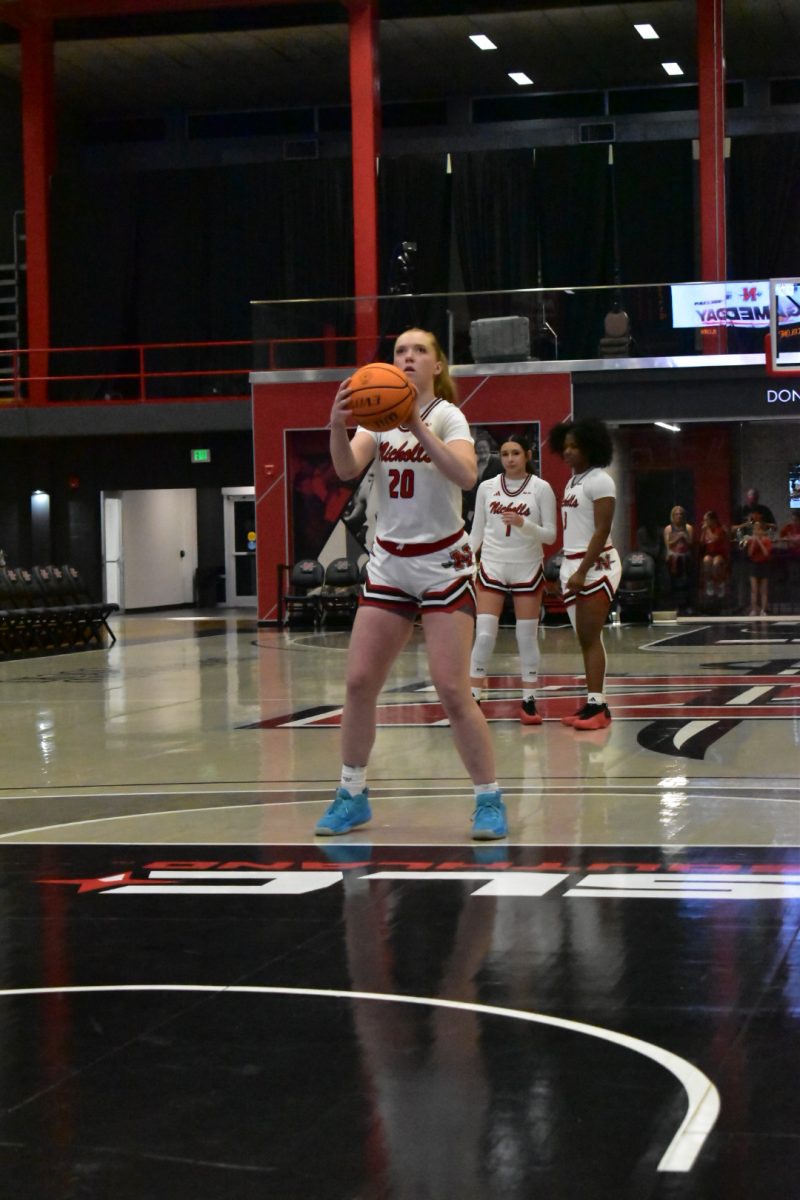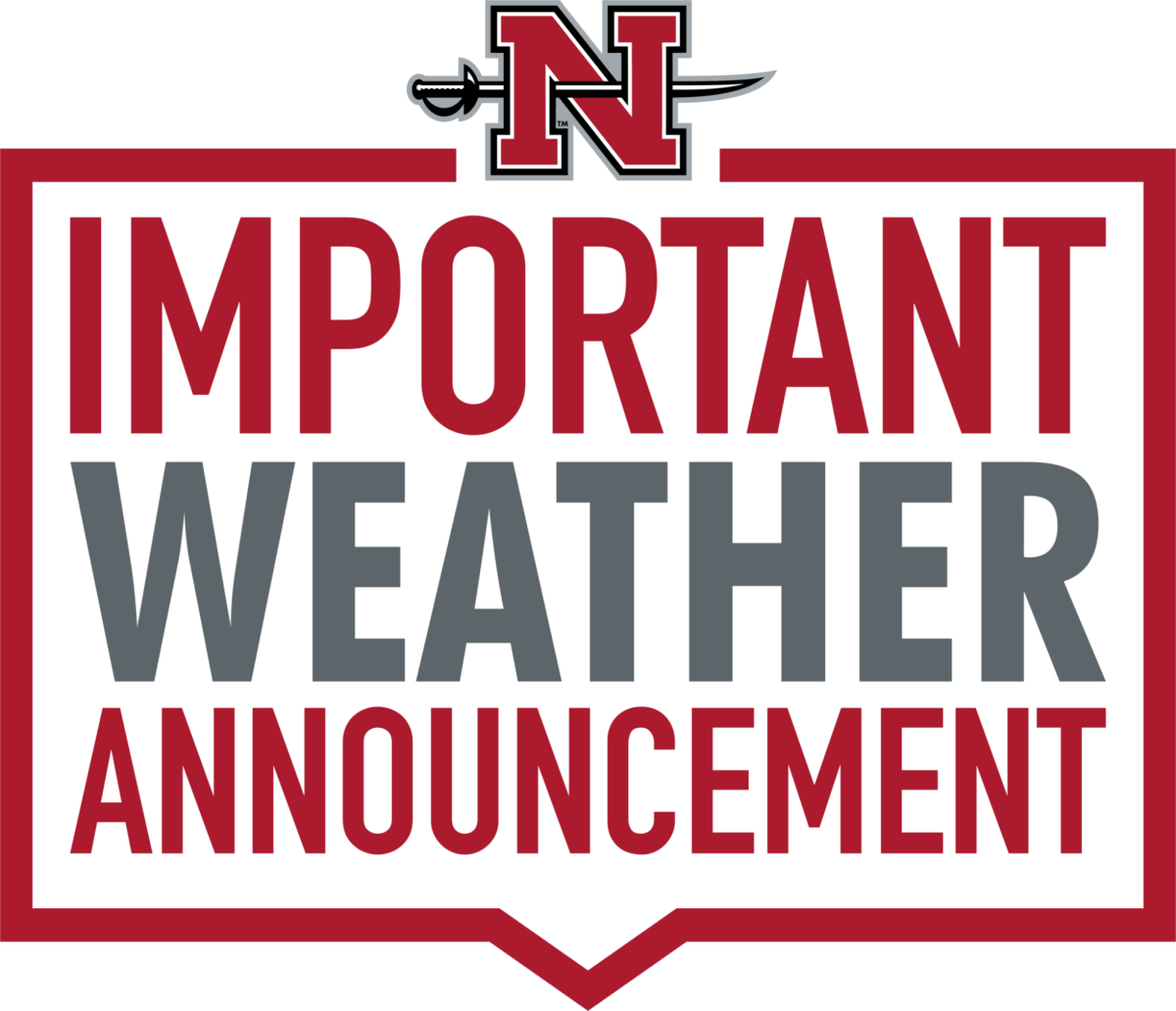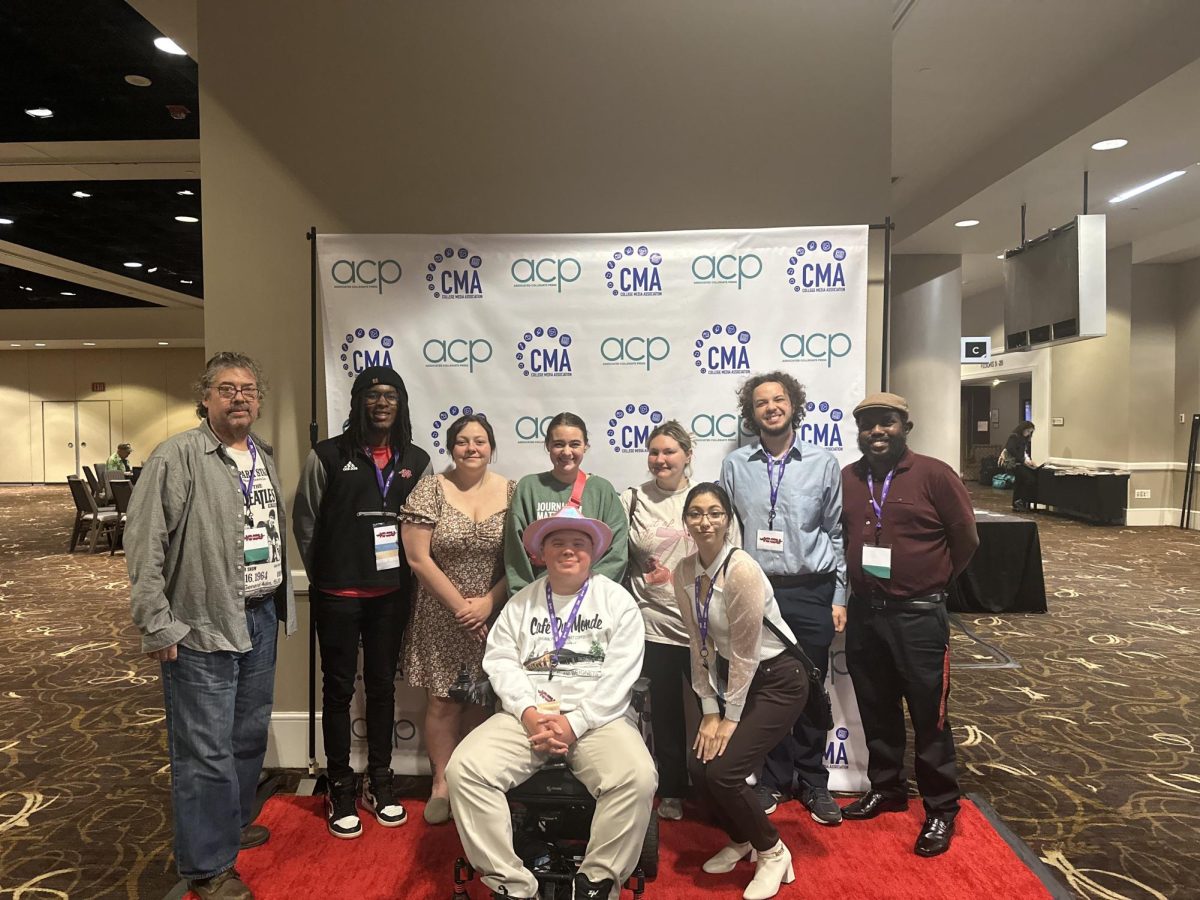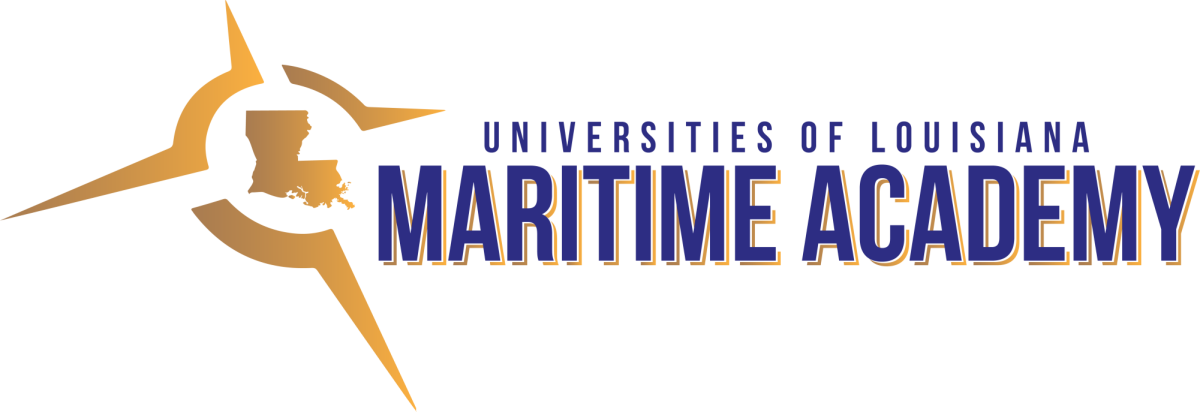“Swipe it” is a phrase college students across the nation are becoming very familiar with. “When it comes to books, Nicholls students have been going the electronic route,” Angelle Caillouet, manager of the University bookstore, said. According to this fall’s book rush statistics for the first five days of class, 2492 transactions were made using a major credit card. According to http://www.campusdoor.com, 83 percent of college students have a credit card and nearly one-third have four or more.
What many students do not realize is having a credit card is basically taking out a high interest loan; http://www.collegeboard.com warns consumers of the fees involved with credit card use.
Some companies charge for yearly membership. This is called an annual fee and can range from $20 to $100 each year.
If the credit card bill is not paid in full each month, an interest charge, sometimes up to 20 percent, is applied on the unpaid portion.
If the bill is not paid on time, a late payment fee is required, and interest rates can skyrocket. When a cardholder needs emergency money, cash advances may seem attractive. The cardholder can have thousands of dollars in cash in his or her hands, but interest rates for this service are usually higher.
On college campuses around the United States, credit card companies are setting up booths offering free T-shirts, water bottles and other free items to entice students to sign up for a card. “We have very strict credit card solicitation policies here at Nicholls,” Brenda Haskins, executive director of auxiliary services, said. The school has basically put a stop to this aggressive solicitation because students are getting themselves into debt at a young age. According to a 2001 study cited on http://www.campusdoor.com, 21 percent of undergraduates had a card balance between $3,000 and $7,000.
“It is kind of scary,” Judy Daniels, dean of student life, said. “(Credit cards) are giving students a false sense of security. (Students think) ‘I have plastic, I feel powerful.’ I’ve seen students use a credit card for (an item that costs) 99 cents.”
Most of the students interviewed on Nicholls’ campus said they do not use their credit cards very often. When they do use it, most of them say they use it for emergency items such as car repairs, gasoline and books.
According to these students, they do not have problems with overspending on their cards. “When the statement comes in, I pay it right back,” says Tayla Price, a culinary arts freshman from Little Rock, Ark. “The problem is not (having the) card, the problem is educating students,” Daniels said. “Students need to be better educated on the effects of using credit-especially the implications of accepting multiple credit card offers,” http://www.campusdoor.com said.
Carol Blanchard, assistant dean of University College, agrees that students need to be educated about credit card fees and the consequences of overspending. The 1999 Youth and Money Survey said 79 percent of students have never taken a class on personal finance. According to Blanchard there is a chapter in Freshman Studies 101 that deals with these issues.







